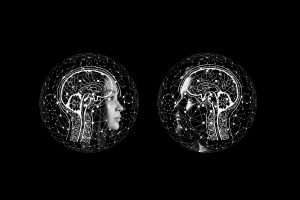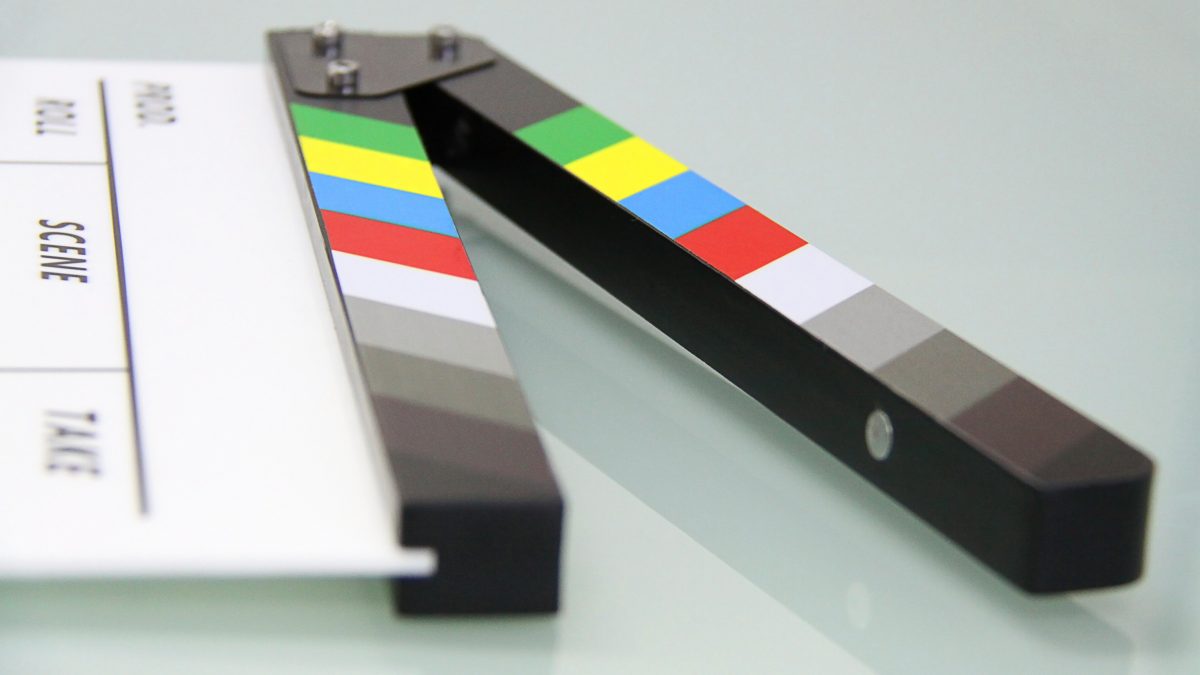
Actors must learn how to deal with failure.
They spend countless hours rehearsing scripts for auditions, only to suffer rejection.
While this quote by eminent A-list Hollywood acting star George Clooney that, “the only failure is not to try”, is uplifting and motivating, there is a way that actors will be able to succeed far more than they fail.
The exciting new technology of artificial intelligence is just coming alive and is promising to help all aspects of the movie business.
If you are wondering how actors will benefit from using AI then read on – Artificial Intelligence in Filmindustry.
Trying to Paddle Against a Strong Current
Becoming a successful actor is one of the hardest undertakings.
Incredibly, only two percent of actors make enough money to live.
This shocking figure was calculated by a team of mathematicians at London’s Queen Mary University using figures dating back from the present to the 1880s and included some 2.5 million movie actors.
While this figure might seem shocking to those of us who aren’t actors, for those in the acting game, it comes as no surprise at all. It is common knowledge that roughly 70% of all new actors quit after the first year.
Why?
The answer is simple. Actors frequently audition for roles that they aren’t suited to, or audition in such a manner that doesn’t fit the role. Of course, there are lots of actors who either can’t act very well or need more training. However, whatever the reason, the result is always the same – “thanks, we will let you know”, which is a nice way of saying no.

The casting system has changed very little since the beginnings of the old Hollywood studios. Granted that today, it is a well-oiled machine that, in the case of Hollywood blockbusters, is able to audition thousands of actors in a remarkably short space of time. But the fundamentals remain the same.
Actors are required to learn and perfect lines for that all or nothing audition. The pressure to get it spot-on is incredible, something which is all the more harder considering that most actors are working other jobs to try to make ends meet.
Most actors know little about the production that they are auditioning for, the artistic vision, the expectations on them and their character, etc., meaning that preparing for an audition is actually an art in itself.
Read Also
- Artificial Intelligence And The Battle To End Racial Discrimination In Movies
- Movies Directors And Artificial Intelligence: A Perfect Harmony
Artificial Intelligence in Filmindustry: AI Casting Revolution
Despite being in its infancy, Artificial Intelligence in Filmindustry has already shown its power to help the industry.
Several of the world’s leading AI-assisted moviemaking companies are already achieving predictive accuracy percentage rates in the mid to high eighties. Largo.ai is currently achieving gross movie earnings predictions with an average accuracy of an incredible 86%. And this is just the beginning.
The most exciting component of AI big data analytics systems is that they learn the more that they are used. As they learn, they become more accurate, which will lead to more companies using them, thereby helping the AI’s to accelerate their learning.
This point highlights the biggest single factor that is restricting the development of AI movie systems today, not the technology itself, but rather the movie business’ slow adoption of them as production assist tools.
Some of the top moviemaking AI companies already offer insight services relating to actor suitability, box office draw, performance, and dialogue. While the Artificial Intelligence in Filmindustry has seen these primarily as tools to help casting directors and movie directors access the suitability and performance of individual actors, the same tool can be used by actors to enhance the chance of them nailing that audition and getting that big role.

The process is simple. An actor with a previous body of work, including reviews of their performances, etc., can get an AI company to analyze the script that they are considering auditioning. The AI will then be able to analyze the script and provide insights as to how suitable any particular role is for them.
AI-assisted moviemakers are currently in the process of making their systems available via low-cost SaaS subscriptions. These systems allow movie professionals to upload scripts and video (scenes or full movies) and have them analyzed.
With this technology, an actor can literally make videos of them reading a part and upload them to these AI SaaS platforms. The system will then analyze the performance and offer insights into the performance. Such insights are tailored around audience preference, so will allow the actor to effectively audition in front of an audience in order to get feedback about the strengths and weaknesses of the performance.
With AI assistance, an actor can firstly see which roles they are best suited to, and for the ones that they are, best prepare for the audition by honing their performance down with the system’s insights.
Read Also
- Movie AI: Increasing Productivity While Reducing Risk
- Can AI Really Reduce Risk In The Movie Production Process?
Casting Directing Made Easier
AI will also make the life of the casting director much easier too.
Artificial intelligence, when applied to casting, will allow casting directors to call upon the insights of big data analytics to assess an actor’s suitability.
Such systems have enormous processing power and are able to assess thousands of different data points in a matter of seconds. Rather than auditioning thousands of actors in person, it is likely that in the future, actors will be asked to send in an auction tape which the computer will then assess.
The AI system will be able to create lists of the most suitable candidates based on a set of pre-programmed criteria. Armed with this list, the casting director and their team will be able to use the time that is normally wasted seeing unsuitable actors to more comprehensively audition the better ones.
For more mainstream actors, AI programs will be able to analyze a much wider range of data pools including past earring power, performances in similar roles, etc. All of these insights will empower casting directors to avoid the kinds of casting mistakes that have in the past lead to expensive production shutdowns.
Artificial intelligence really does have the power to help the movie business streamline its processes and to make better movies. Better movies will lead to more and more people returning to our movie theatres, something which will lead to a healthy movie industry (Artificial Intelligence in Filmindustry) for years to come.





Stay connected